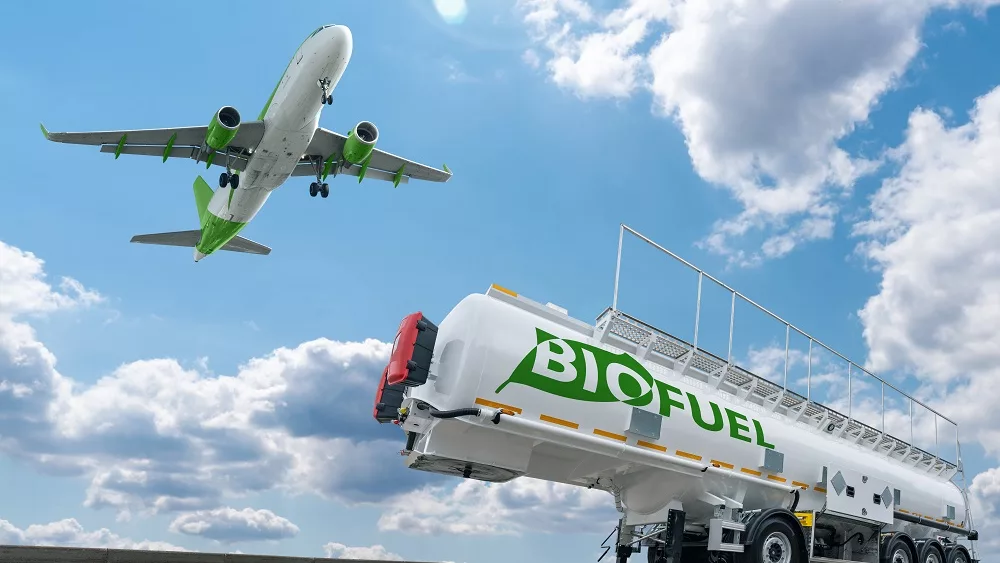|
For instance:
- Our suppliers ensure legal compliance on animal welfare standards is maintained at all times and quality assurance schemes are supported. For example, in Europe, we are working closely with our meat suppliers to ensure that in the long term, they source from farms which adhere to the national farm assurance schemes applicable to each species to ensure the health and welfare of animals throughout our supply chain. Examples of these schemes are: Red Tractor in the UK, Bord Bia in Ireland, IKB in the Netherlands and GlobalGap.
- We support humane animal husbandry and slaughtering methods. For example, in the U.S., along with a comprehensive animal care program, some of our poultry suppliers now use a euthanasia system that the Humane Society of the United States had cited as a better alternative to conventional slaughter methods used in the poultry industry. In the U.S., our meat suppliers are audited by PAACO (Professional Animal Auditor Certification Organization) certified auditors to ensure they meet animal welfare standards.
- We support various layer hen housing approaches. In Europe, we use only free range eggs in our breakfast omelette and since 2014, 100% of eggs used as ingredients in SUBWAY® branded products are free range as well. We were the proud recipients of a Compassion In World Farming Good Egg Award in Europe for our commitment to using only free range egg in our products. In addition, Australia transitioned to eggs from cage free hens in 2014. Due to the limited supply, at present, 10% of the eggs served in the U.S. and 6% in Canada are from cage free hens. Each year, for the next three years, U.S restaurants will receive an additional 1% of eggs from cage free hens. We will continue to increase our percentage of eggs from cage free hens with the availability of cost effective supply, as well as monitor layer hen housing research for future best practice solutions.
- We support the elimination of crate style housing for gestation sows and the system has been phased out in our pork suppliers in Europe. Also, our pork suppliers in the U.S. have made progress transitioning group housing and anticipate having this process completed within the next 10 years. We will continue to work with suppliers who share our commitment to phasing out gestation stalls as quickly as possible, putting traceability systems in place and using the best animal welfare and handling practices.
- Our milk supplier in the U.S. has high quality standards and measures in place to ensure optimal animal care, including participation and adherence to the principals and guidelines set forth by the National Milk Producers Federation (NMPF) and The National Dairy Farm Program: Farmers Assuring Responsible Management. In addition, the cows are never treated with the supplemental growth hormone, rBST.
- Any meat, dairy, poultry, fish or egg derived from a cloned animal, including subsequent generations, must not be used in SUBWAY® branded products.
- Mutilations of animals must be avoided. Where specific operations are required such as castration or tail docking, these procedures must be carried out in a way that ensures no pain or distress are caused to the animals.
- Our goal is to reduce and eliminate the use of antibiotics in the food we serve. Elimination of antibiotics use in our supply chain will take time, but we are working diligently with our suppliers to find quality solutions that also ensure our high quality and food safety standards are upheld and not compromised in any way. Our plan is to eliminate the use of antibiotics in phases with the initial focus on the poultry products that we serve in the U.S. We are in the process of transitioning to chicken products made from chicken raised without antibiotics and expect this transition to be completed by the end of 2016. In addition, turkey products made from turkey raised without antibiotics will be introduced in 2016. The transition is expected to take 2-3 years. Supply of pork and beef products from animals raised without antibiotics in the U.S. is extremely limited. We expect our transition to take place by 2025. That said, we recognize that antibiotics are critical tools for keeping animals healthy and that they should be used responsibly to preserve their effectiveness in veterinary and human medicine. Our policy is that antibiotics can be used to treat, control and prevent disease, but not for growth promotion of farm animals. Accordingly, we are asking our suppliers to do the following:
- Adopt, implement and comply with the U.S. Food and Drug Administration’s (“FDA’s”) guidance for industry 209 and 213, which requires that medically important antibiotics not be used for growth promotion. Visit the FDA site to learn more.
- Assure that all antibiotics use is overseen, pre-approved and authorized by a licensed veterinarian before they are administered to any animal.
- Keep accurate and complete records to track use of all antibiotics.
- Adhere at all times to all legal requirements governing antibiotic withdrawal times. This assures that antibiotics have been eliminated from the animals’ systems at the time of slaughter.
- Actively encourage, support and participate in research efforts focused on improving animal health while reducing antibiotics use.
|
 The headline at the company website last week read SUBWAY® Restaurants Elevates Current Antibiotic-Free Policy-U.S. Restaurants Will Only Serve Animal Proteins That Have Never Been Treated with Antibiotics. That announcement generated huge online reaction and by Friday SUBWAY appeared to ease its stance, but not before Thomas Titus, an Illinois swine and crop farmer expressed his concerns.
The headline at the company website last week read SUBWAY® Restaurants Elevates Current Antibiotic-Free Policy-U.S. Restaurants Will Only Serve Animal Proteins That Have Never Been Treated with Antibiotics. That announcement generated huge online reaction and by Friday SUBWAY appeared to ease its stance, but not before Thomas Titus, an Illinois swine and crop farmer expressed his concerns.
